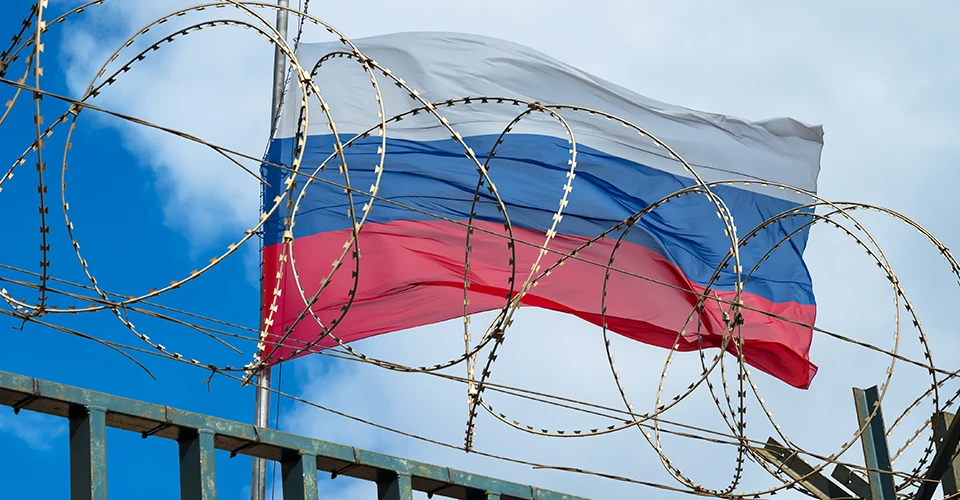
Helsinki Commission urges U.S. to recognize Russia as permanent threat, revise cooperation strategy
The bipartisan Helsinki Commission, which oversees human rights and democracy in post-Soviet countries, has issued a report urging the U.S. to abandon its Cold War-era policy of détente with Russia and recognize it as a persistent threat to global security
The Hill reported the information.
The Helsinki Commission's report emphasizes that Washington should reevaluate its stance toward Russia, similar to its approach to China in recent years, and allocate resources accordingly.
A key priority outlined in the document is to secure Ukraine's victory over Russian aggression. The Commission calls for a substantial increase in both military and humanitarian aid to Ukraine, along with authorization for strikes on Russian territory using American weapons.
The outlet noted that the report's recommendations go beyond the Biden administration's policy and contradict the position of former President Trump and his supporters in Congress, who advocate for cutting European security spending and direct negotiations between Ukraine and Russia.
Republican Joe Wilson, chairman of the Helsinki Commission, dismissed the prospect of successful negotiations with Vladimir Putin, labeling him a “war criminal” and asserting that a lasting agreement is unattainable.
“No question to me that Donald Trump is going to see the insincerity of war criminal Putin,” Wilson said. “Putin is not anybody that you can reach an agreement with, that would be substantive, that would hold.”
In addition, the report emphasizes Russia's violations of international law, including the occupation of Crimea and Donbas, the invasion of Ukraine and Georgia, the persecution of dissidents, and election interference. The authors of the report believe that the policy of “détente” has not worked and that a more decisive strategy is needed.
-
Back in May, the Commission on Security and Cooperation in Europe said that the United States should allow Ukraine to strike military targets in Russia's border regions.
- News













































